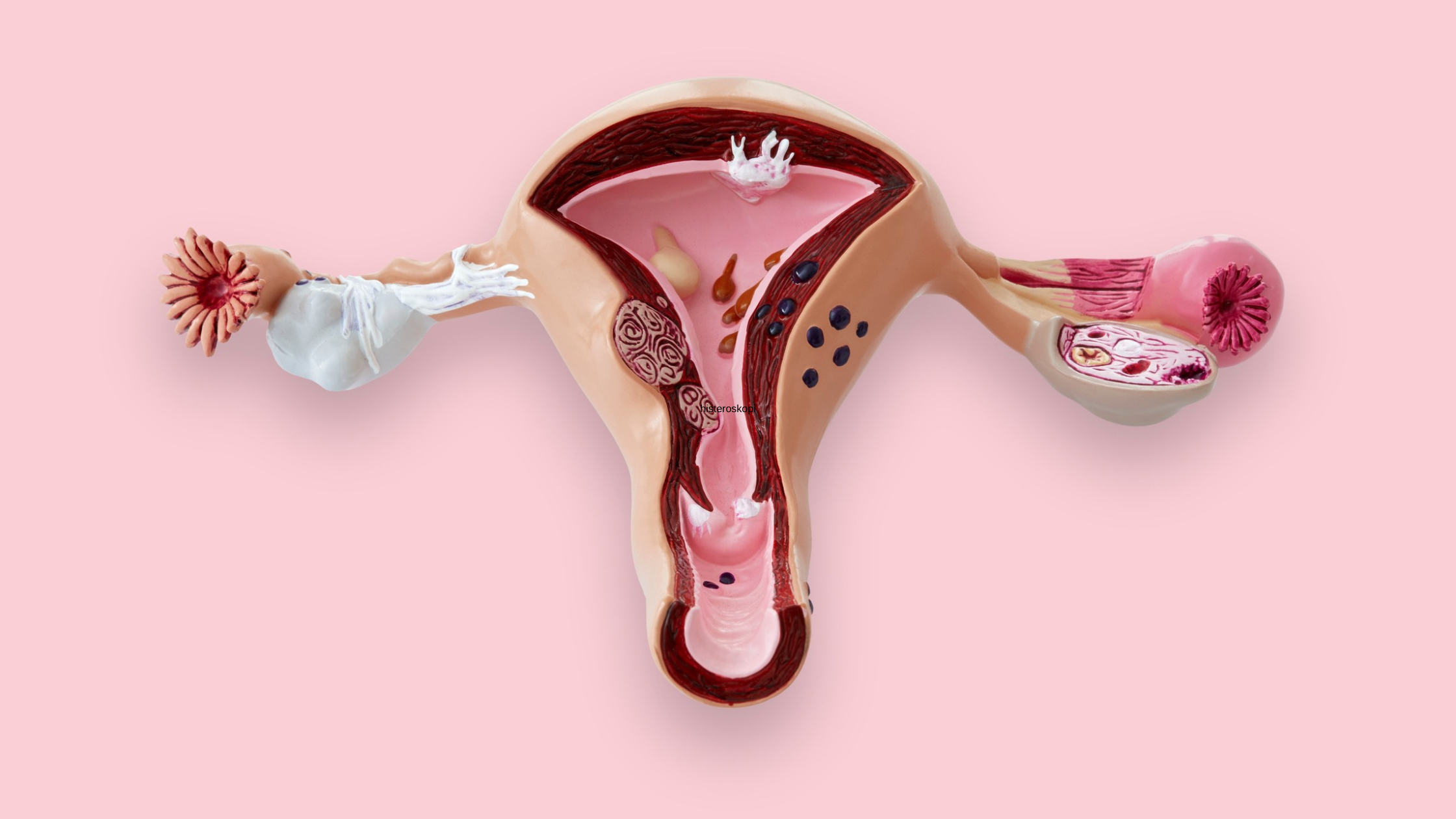Hysteroscopy is a medical procedure that allows your gynaecologist to examine the inside of your uterus.
In this article, we will discuss what hysteroscopy is, why it is done, what types of hysteroscopy there are, and what to expect before, during, and after the procedure. We will also discuss the role of hysteroscopy in infertility, polypectomy and myomectomy.
What is hysteroscopy and how does it work?
Hysteroscopy is a medical procedure that allows your gynaecologist to examine the inside of your uterus using a hysteroscope, which is a thin, lighted tube with a camera on the end. The camera sends the obtained images to a monitor that is used by the gynaecologist to examine the uterus. Hysteroscopy may be performed as a diagnostic procedure where your gynaecologist examines your uterus for symptoms such as abnormal bleeding, pelvic pain, or infertility. It can also be performed as an operative procedure, where your gynaecologist uses a hysteroscope to, for example, remove polyps or fibroids.
Indications for hysteroscopy
Your gynaecologist may refer you for hysteroscopy if you experience symptoms such as abnormal bleeding, pelvic pain, or infertility. Hysteroscopy can help your gynaecologist diagnose conditions such as uterine polyps, fibroids, or endometrial cancer. It can also help identify the cause of your infertility and suggest treatment options. Hysteroscopy can also be used to perform surgical procedures.
Types of hysteroscopy
There are two types of hysteroscopy – diagnostic and operative. Diagnostic hysteroscopy is performed to examine the inside of the uterus to determine the cause of symptoms such as abnormal bleeding, pain, or infertility. Operative hysteroscopy is performed for surgical procedures to remove polyps or fibroids. Surgical hysteroscopy may be performed using a resectoscope, which is a hysteroscope with a wire loop that your gynaecologist uses to remove tissue. Alternatively, your gynaecologist may use a laser or some other energy source to remove the tissue.
Preparation for hysteroscopy – what to expect
Before hysteroscopy, your gynaecologist will ask you about your medical history, including any medications you are taking and any allergies you may have. You may also be asked to take a pregnancy test before the procedure. Your gynaecologist may advise you to avoid sexual activity for a few days before the procedure. You may also be asked to avoid eating or drinking for several hours before the procedure.
Hysteroscopy – what happens during the procedure
During a hysteroscopy procedure, you will lie on your back in a position similar to that of a gynaecological examination. The gynaecologist will insert a hysteroscope through your vagina and cervix into the uterus and fill it with a sterile fluid or gas in order to dilate it for better imaging. The camera of the hysteroscope transmits the images to the monitor so that the gynaecologist can examine the uterus. If any surgical procedures are needed, they will be performed using instruments inserted through the hysteroscope.
Convalescence after hysteroscopy – what to expect
You may experience cramping, spotting, or light bleeding after hysteroscopy. You may also feel tired or dizzy. Your doctor may advise you to avoid tampons, sexual activity, or strenuous exercise for a few days after the procedure. In most cases, you can return to your normal activities within a day or two after the procedure.
Hysteroscopy in infertility – can it help me get pregnant?
Hysteroscopy can play an important role in the diagnosis and treatment of infertility. Your doctor may recommend a hysteroscopy to determine the cause of your infertility or select treatment options. Hysteroscopy can help diagnose abnormalities such as uterine polyps or fibroids that may prevent pregnancy. It can also help determine the optimal treatment option, such as IVF or IUI.
Should I undergo a hysteroscopy?
Hysteroscopy is a safe and effective procedure that can help diagnose and treat various gynaecological conditions. Whether or not you should undergo a hysteroscopy depends on your specific symptoms and medical history, and above all medical indications and recommendations. If you are experiencing symptoms such as abnormal bleeding, pain, or infertility, it is important to discuss all your symptoms with your doctor.








